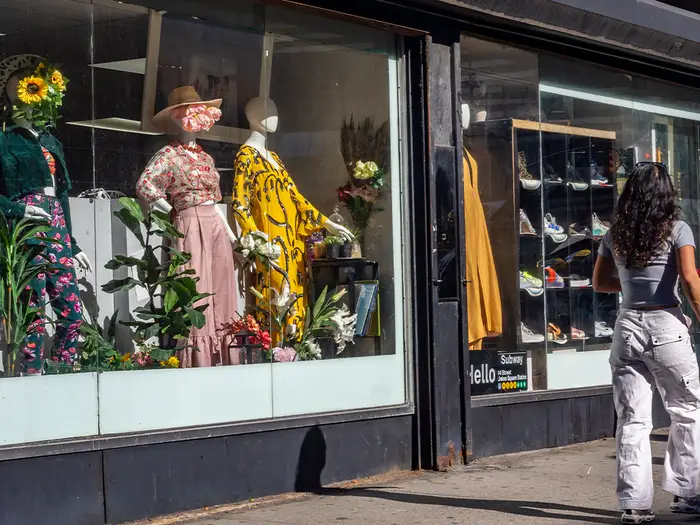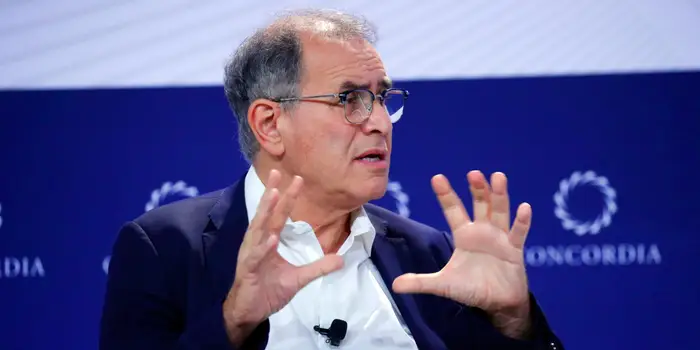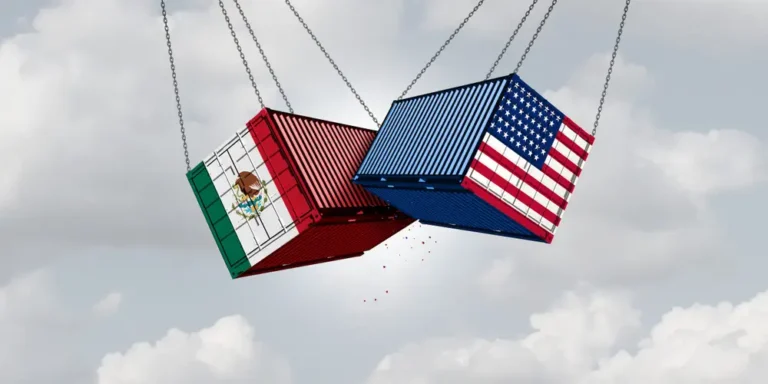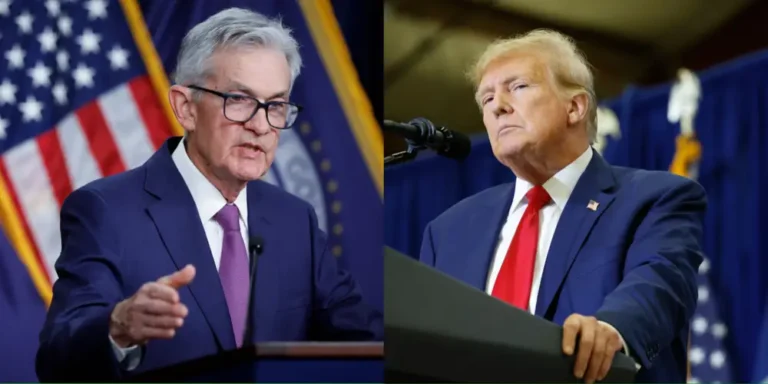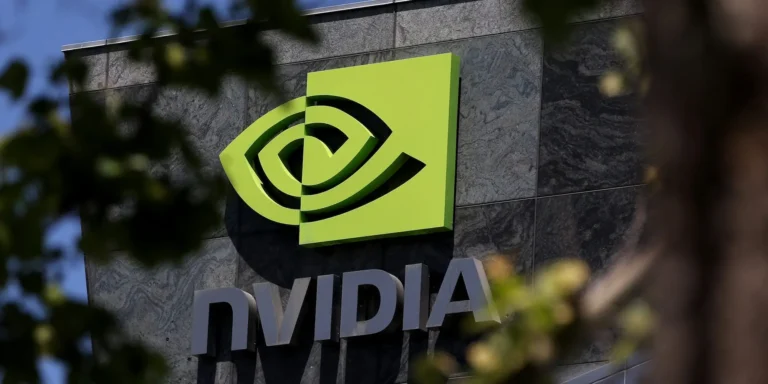‘Shark Tank’ star Mark Cuban says Donald Trump’s China tariffs would ruin Christmas next year
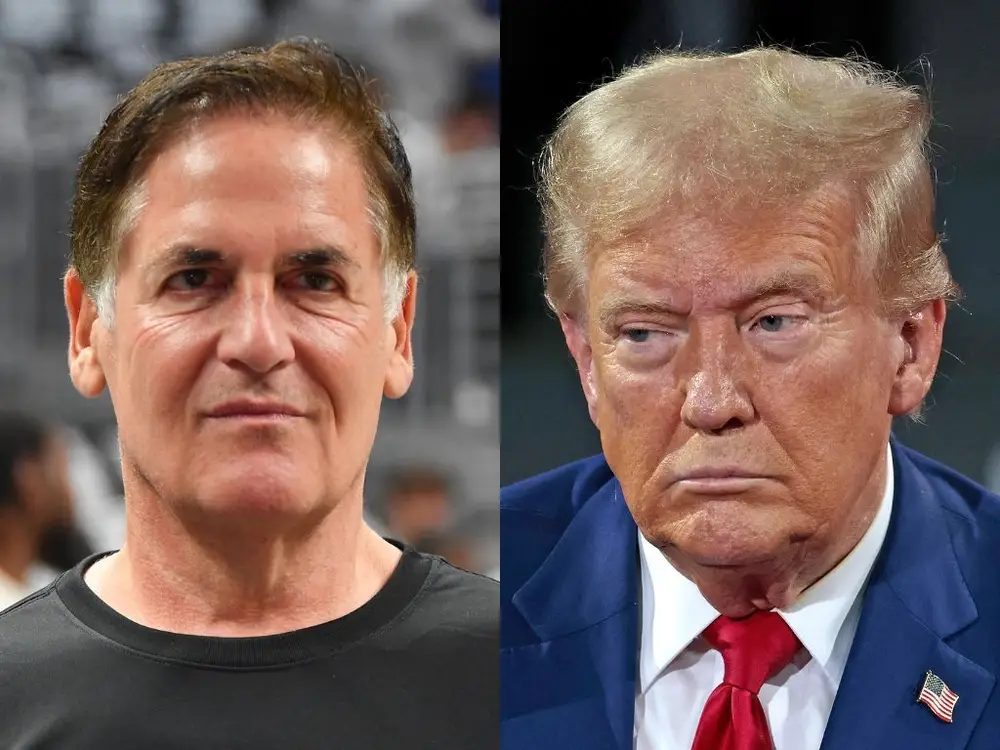
“Shark Tank” star Mark Cuban said Donald Trump’s planned tariffs would ruin Christmas next year.
Christmas will be ruined next year if Donald Trump is reelected president and enacts his tariff plans, Mark Cuban said.
“To me, I think Donald Trump is the Grinch that stole Christmas,” Cuban told Vice President Kamala Harris in a conversation uploaded to YouTube on Wednesday.
“This time next year, we’re going to be thinking about Christmas presents for all of our kids, and if he puts a 60% tariff on everything from China, those prices are going up,” the “Shark Tank” investor and tech billionaire told the Democratic presidential candidate.
“And now all of a sudden, your vision of everything you wanted to have for your kids at Christmas is gone. Donald Trump just crushed it,” added Cuban, a vocal Trump critic and Harris supporter.
Trump, the Republican candidate in November’s election, has proposed imposing a 60% tariff on all imports from China, and tariffs of 10% or 20% on imports from all other countries.
The Tax Foundation estimates the weighted-average tariff rate on Chinese imports to the US is about 10%. In a recent analysis, the non-partisan think tank found that imposing a broad 20% tariff and raising tariffs on Chinese imports to 60% could cost a typical household more than $2,600 a year, or about 4.1% of its annual income.
The Budget Lab at Yale estimated this month that a broad 10% tariff and a 60% China tariff could raise consumer prices by 1.4% to 5.1%. The non-partisan policy research center said that could cost households between $1,900 and $7,600 in average disposable income, before accounting for substitution or the Federal Reserve’s response to prices jumping.
Harris told Cuban that Trump doesn’t pay sufficient attention to the details: “He is applying a machete when a scalpel is what’s necessary.”
She also contrasted their overall economic plans, saying hers would bolster the economy while Trump’s would “incite inflation and invite a recession by the middle of next year.”

